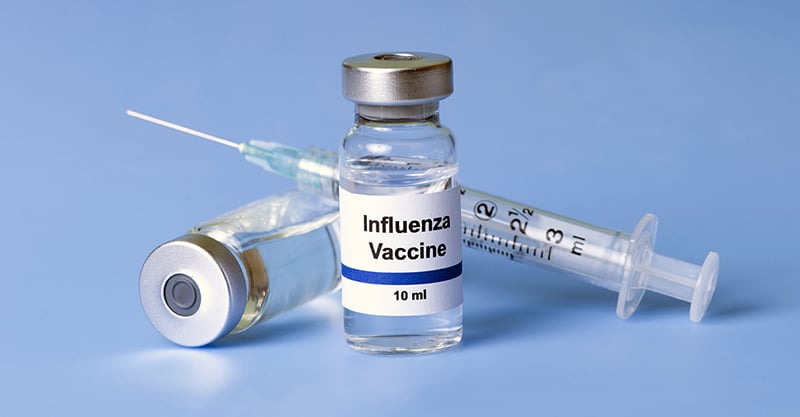Dr. Weeks’ Comment: Follow Nature and let natural processes like immune acquisition keep you healthy. Here we see problems with the flu shot.
“… CONCLUSION….Receipt of influenza vaccination was not associated with virus interference among our population. Examining virus interference by specific respiratory viruses showed mixed results. Vaccine derived virus interference was significantly associated with coronavirus and human metapneumovirus; however, significant protection with vaccination was associated not only with most influenza viruses, but also parainfluenza, RSV, and non-influenza virus coinfections…”
Pentagon Study: Flu Shot Raises Risk of Coronavirus by 36% (and Other Supporting Studies)

By Robert F. Kennedy, Jr., Chairman, Children’s Health Defense
On March 12th, 2020, Anderson Cooper and Dr. Sanjay Gupta held a global town hall on “Corona Facts and Fears.” During the discussion, Anderson said to the viewing audience, “And, again, if you are concerned about coronavirus, and you haven’t gotten a flu shot…you should get a flu shot.”
Setting safety and efficacy of influenza vaccination aside, is Anderson’s claim that the flu shot will help people fight COVID-19 remotely true? The short answer is no.
In fact, the results of many peer-reviewed, published studies prove that Anderson’s recommendation may have been the worst advice he could have given the public.
In searching the literature, the only study we have been able to find assessing flu shots and coronavirus is a 2020 US Pentagon study that found that the flu shot INCREASES the risks from coronavirus by 36%. “Receiving influenza vaccination may increase the risk of other respiratory viruses, a phenomenon known as “virus interference…’vaccine derived’ virus interference was significantly associated with coronavirus…” Here are the findings:
2020 Pentagon study: Flu vaccines increase risk of coronavirus by 36%
Examining non-influenza viruses specifically, the odds of coronavirus in vaccinated individuals were significantly higher when compared to unvaccinated individuals with an odds ratio (association between an exposure and an outcome) of 1.36. In other words, the vaccinated were 36% more likely to get coronavirus.
